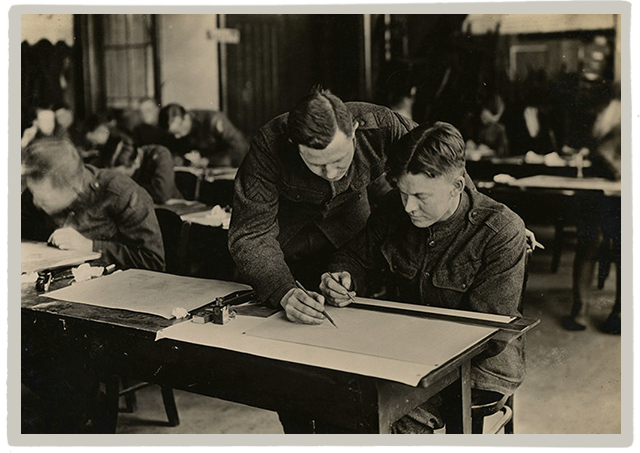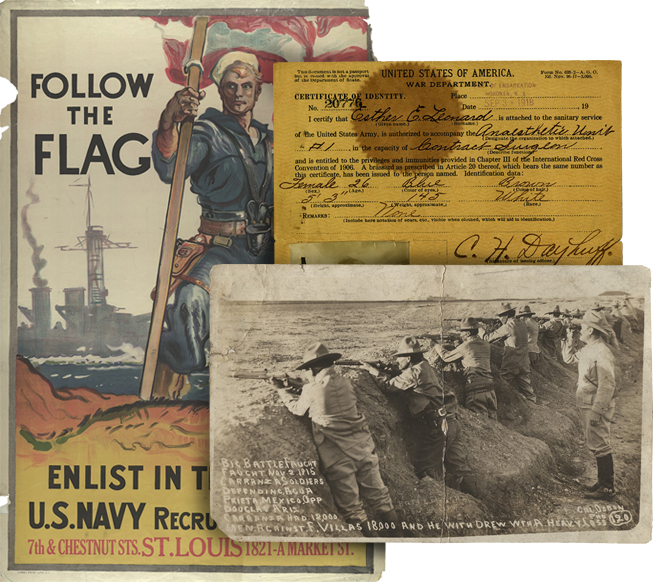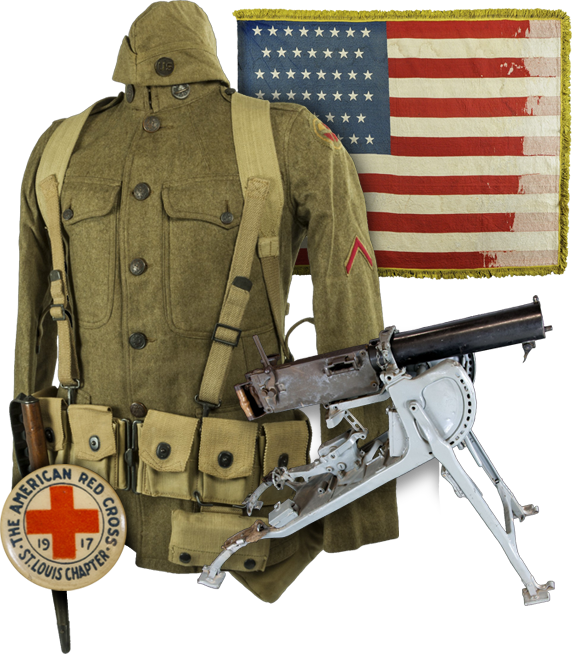Contract of the Firms - n.d.

Transcript
[page 2] and non-stationary Diesel motors of the following sizes: The licensee is entitled to seel Diesel motors to such foreign countries of which Mr. Diesel does not own any patents. The sale of Diesel motors to such countries in which Mr. Diesel has taken patents is only then permissible, when the licensee has made a contract with Mr. Diesel or his heirs or assignees in such country which grants the right to such sale. If the exportation of Diesel motors to countries in which no Diesel patents exist, is rendered difficult through competition not burdened with a royalty fee, the licensors are willing to take into account this circumstance by a reduction of the royalty for motors sold to such country, the further agreement in respect to the amount of the royalty being reserved for this case. The licensee, however, is not entitled without consent of the licensor to undertake the manufacture of Diesel motors or aid third parties to undertake and maintain such manufacture in countries where no Diesel patents exist. The right to use the patents for the generation of cold is not granted 3. The licensors are bound to put at the disposal of the licensee all their experiences in regard to Diesel motors and to furnish complete working drawings for Diesel motors of the following sizes: H. P within H. P within as per contract

Transcript
[page 3] 4. The licensee must pay to the licensor 1st. An amount of Mks. Payable within four weeks after execution of the contract; this amount will not be refunded under any circumstances. 2nd. A percentage of the selling price of each motor which the licensee sells or constructs for his own purposes; for the latter the selling price determined upon for motors of that kind will be in force minus the highest permissible rebate. The following are not subject to fee: The necessary tubing, transmissions, as also cost of packing, freight, and of setting up. The rates of the taxes are for the present determined upon as follows: 20% (Twenty per cent) of the selling price for motors up to 16 normal H. P. 30% (Thirty per cent) of the selling price for motors of more than 16 normal H. P. An increase of this tax is not permissible; a decrease of the same on the part of the licensors is possible as the same may appear proper to them according to circumstance. 5. The amount of taxes to be paid must be: For the period, from the day of executing the contract to December 31, 1898, an amount of at least MKs. And for the year 1899 at least an amount, that the same inclusively of the aforementioned Mks. Figures up at least Mks. Counted from January 1, 1900 on and for each year

Transcript
[page 4] of the duration of the contract at least an amount of Mks. 6. If the licensors grant licenses to other firms at lower rates than determined upon in the present contract then the licensors must reduce the taxes of the present contract to the same figure. 7. The taxes become due at the same time and at the same rates as the respective payments of the customer of the licensee are made, however in accordance with the conditions of the previous paragraph 6. The taxes on Diesel motors, which the licensee construct, for its own purposes, become due three months after their completion. Accounts are made up and payable half yearly, on June 30th and December 31st respectively. 8. Every finished Diesel motor is to be provided with a current number and the designation in clear type

Transcript
[page 5] 10. The minimum price to be set on Diesel motors, at the works without packing and setting up, as also the maximum rebate and discount which may be made, is determined by the licensors after hearing the licensee and is indicated to the licensee in due time. The licensee and the licensors are not entitled to sell at lower prices and upon conditions more favorable to the customer than designated above. The licensors can grant licenses to other firms only upon the same conditions regarding the selling price of Diesel motors, as determined above. If the licensee is in competitition in the same place with another firm entitled to sell Diesel motors, and if its motors are taxed with a higher freight to that place than the motors of the other firm, the licensee may reduce it otherwise existing prices by the difference in freight. The licensors are entitled to grant other firms, who have obtained licenses, the same benefits as to the licensee, as also to effect the same reduction in their own sale of motors 11. The licensee has the right to use without further cost to themselves, all improvements which the licensors may invent in regard to the patented method of operating and the patented manner of construction of combustion motors, even though the same may be patented. The licensors must inform the licensee of such improvements. On the other hand, the licensee must inform the licensors of any such improvements made by it and allow them

Transcript
[page 6] to use them free of charge, even though patented. The licensors agree to contract at the granting of licenses to other firms for the mutual right to use any possible improvements in such manner that during the period of duration of existing contracts with the licensee on the one hand and the other licensees on the other hand they are mutually entitled and agree to use and to allow the other party to use any improvements made by them even though they may be patented. The mutual free right to use any possible improvements should likewise be extended to the licensees under the foreign patents of Mr. Diesel, so that even then when a foreign licensee of Mr. Diesel takes out a patent in Germany for such an improvement, the licensee will be entitled to use the respective patent, and that on the other hand, if the licensee takes out a patent for such an improvement in a foreign state, Mr. Diesel and his licensees in the respective state are entitled to use such patents without further agreement and costs. To carry out this reciprocity, Mr. Diesel has agreed when closing license contracts in foreign countries and when selling his foreign patents to reserve the free use in favor of the licensors and their licensees of such improvements which may be made by his foreign legal successors and the foreign licensees. If Mr. Diesel should not be successful in certain cases in obtaining this free right to use in favor of the Germany patent proprietors and licensees, then the respective patent owners and licensees will not be entitled to the free use of the improvements invented and patented by the licensee. The mutual free right of use of improvements does

Transcript
[page 7] not exist in respect to such devices which relate to the use of the Diesel motor for special purposes, especially for locomotives, street vehicles, motor carriages and ship

Transcript
[page 8] future by the licensors or by Mr. Diesel relative to the Diesel motor. It is, however, to be at least twenty years from the day of executing the contract. The licensee should have the right, however, in case its business should not be profitable at the selling prices and the royalties to be paid as determined upon by the licensors, to at any time desist from the manufacture of the Diesel motors and to also withdraw in this case from the contract for the remainder of its duration. 15. The licensors and the licensee mutually agree not to employ or receive any engineers or employees or superintendents, foremen or workmen, which are or were employed by them or other licensees of the licensors in any capacity with regard to the operations with the Diesel motor, within two years after their discharge. Exceptions can only be made by written permission of the respective employer. The licensors must include this clause in their contracts with other licensees. 16. This contract is also in force for the respective legal successors of the licensors and the licensee.
Details
| Title | Contract of the Firms - n.d. |
| Creator | Unknown |
| Source | Unknown. Contract of the Firm. n.d. Busch-Sulzer Collection. Wisconsin Historical Society, Madison, Wisconsin. |
| Description | Written contract of the agreement concerning Rudolf Diesel's patents of his diesel engine. The document includes the agreement to sell diesel engines in foreign countries, payment for use of Diesel's patents, and other business logistics. Rudolf Diesel invented the internal combustion engine and in 1894 patented his invention the "Diesel engine." In 1897 Adolphus Busch obtained the rights from Rudolf Diesel to build his engines in the United States. |
| Subject LCSH | Diesel engine; Submarine boats; Busch-Sulzer brothers Diesel engine company; Diesel, Rudolf, 1853-1913 |
| Subject Local | WWI; World War I; Submarine engine |
| Contributing Institution | Wisconsin Historical Society |
| Copy Request | Transmission or reproduction of items on these pages beyond that allowed by fair use requires the written permission of the Wisconsin Historical Society: 608-264-6535 |
| Rights | The text and images contained in this collection are intended for research and educational use only. Duplication of any of these images for commercial use without express written consent is expressly prohibited. |
| Date Original | n.d. |
| Language | English |



